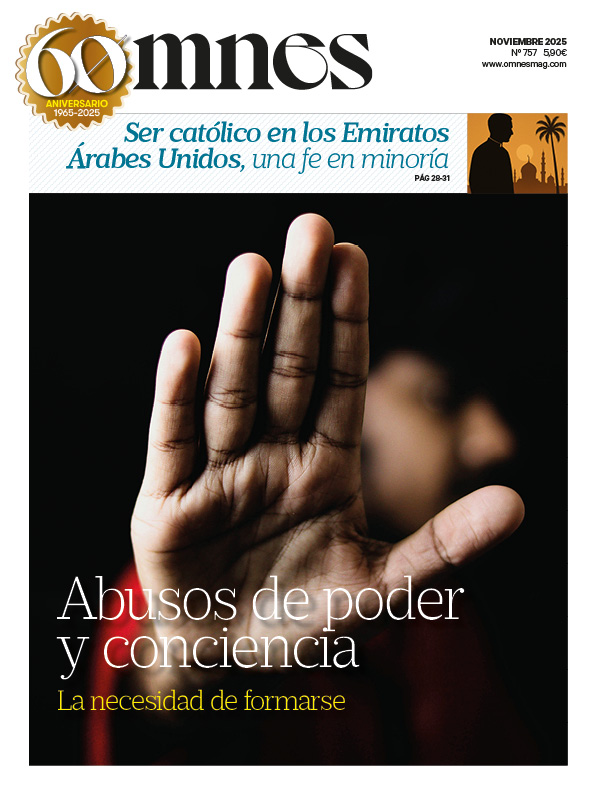The Church in the United States has embarked on an ambitious multi-year process aimed at highlighting the priorities, needs and gifts of Hispanic Catholics. It is called Encuentro, and it is intended to be an effective encounter among the diverse Hispanic communities in this country, as well as among their faith partners, non-Hispanic Catholics.
Hispanic Catholics (also called Latinos) have been a presence in North America since the first missionaries arrived in Florida and what are now Mexico and California. It has not always been a warmly welcomed presence. Older Latino Catholics still remember the humiliations they suffered at the hands of their co-religionists, as well as society in general.
Today the story is different: about 40 % of Catholics in this country are Hispanic, and among Catholics under the age of 18 they reach 60 %. In some archdioceses like Los Angeles that number is as high as 70 %. Dioceses offer bilingual resources, and U.S. bishops are open to issues affecting this community.
Not only for Hispanics
That said, there remains a persistent lack of awareness among many non-Hispanics about the blessing this community is to the life of the Church, and a similar lack of awareness about the significance of the V Encuentro.
However, any discussion of the future of the Catholic Church in the United States is impossible without considering the priorities and concerns of this huge Catholic population. It is from here that the Church will draw its future priests and bishops, its catechists and parishioners. It is here that it will struggle with the challenges of neglect and lack of religious identity among the young.
"V Encuentro", as the fifth Meeting is known, reflects a process that originated in the Church in Latin America, which is familiar to Pope Francis and where the formula of "see, judge, act" was integrated in assemblies such as those of Medellin and Aparecida.
Development
The preparation process for the V Encuentro began with meetings in small groups and Christian communities, and then in parishes.
At the end of last year and the beginning of this year, there have been a series of diocesan meetings, where the reflections and concerns perceived at the local level were shared by the delegates.
Dioceses are now meeting in each of the 14 Episcopal regions, where they are comparing their concerns and priorities, finding common ground and making recommendations regarding issues to be addressed at the National Encounter next September in Texas. The theme of the national meeting in Grapevine is Missionary Disciples: Witnessing to God's Love.
It is still too early to anticipate conclusions, but it is clear that Hispanic Catholics in the United States are finding in this process a powerful expression of solidarity. It will become an even greater success if all Catholics come to discover and appreciate this moment of Pentecost for their Church.








